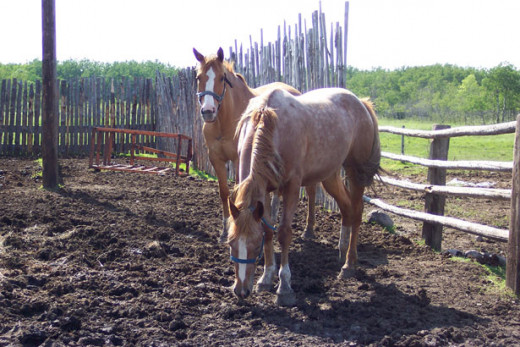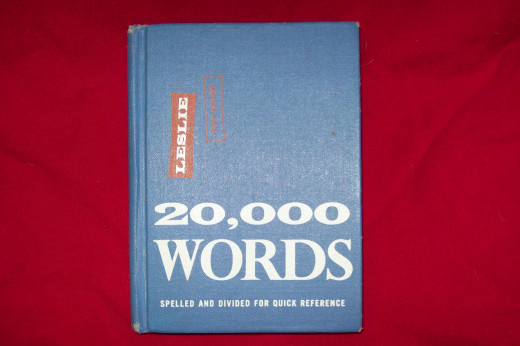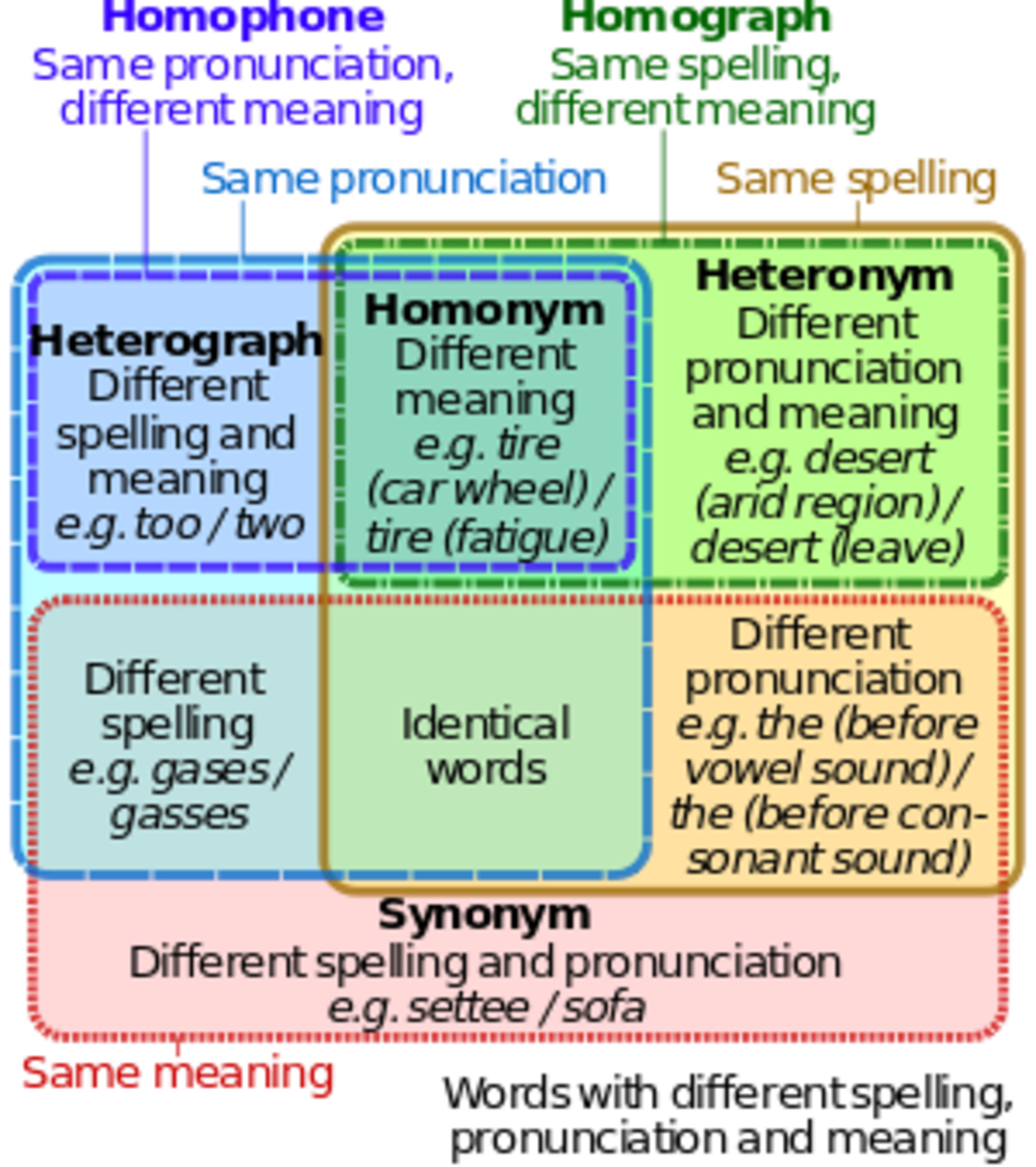Mistakes can Come Back to Haunt You

Making Yourself Understood
If you’re a writer most likely you try your best to make yourself understood. Each writer has their own personal touch as they write. Your voice is yours and yours alone. So why do we not try harder to edit our work before others see it? Good question. I often jump to post articles and stories on the internet that require more editing than I have given it. I most always go back and read my work several times after I have already let others see it. This is not always wise as I see the errors I missed before. Not all sites are created equal and there are a few where once you post it that’s it. It’s there for the world to see. I am pleased Hub Page articles are easy to edit at any time. The correction is nearly instant here. Some sites demand a little time to display the edited page. In the meanwhile you hope another has not read your embarrassing piece of work.
I admit I use the computer’s software to catch mistakes and sometimes I trust the corrections more than I should. Certain words spelled correctly used in the wrong manner will not get fixed unless you catch the mistake yourself. Homonyms are words that sound alike, but mean different things. Homophones are a type of homonyms which sound alike, but have different spellings. Homographs are spelled the same, sound the same, but have different meanings. Your writing software with a state of the art spelling and grammar checker will not catch any of these. Rely on your own eyes and the eyes of your audience to find these common mistakes. Take criticism kindly and thank those who spot your goof so you can fix it before others see it.

Here are a few common homonyms:
Where (adverb) on earth will you wear (verb) ware (noun) as silly as that hat you made?
There (adverb) you are. Their (adjective) coats are pretty. They’re (they are) special.
By (preposition) the sea shore we will buy (verb) fish before we say good-bye. (noun)
Which (adjective) girl will be the witch (noun) for Halloween?
The busy bee (noun) will be (verb)gathering pollen.
Mail (noun) call, for all those who want their (adjective) letters, they’re (they are) here on my desk.
Double letters can confuse you.
It is very easy to use the wrong word if we can’t spell correctly. Double letters can not only confuse you when spelling a familiar word, but it changes the definition of the whole sentence. Most of the people who know me, also know I love to write fan fiction for the classic westerns. In several stories I wrote last year and before, I mention a coral. I should have known I need a double “r” in the word needed for my western story. A coral is a sea creature and a corral is an enclosure made to keep livestock from roaming free. You can see how amazed I was to find I had not noticed the mistake earlier on, not to mention the embarrassment behind the goof. My very first western story I wrote back in grade school was titled Cougar at the OK Corral. I never dropped an “r” in those days.
Don't let mistakes come back to haunt you.
Mistakes will haunt you and if you’re easily embarrassed it can stop you from trying at all. You should be learning from the mistakes and you should be trying harder. Just as in every other thing you do, practice is the key to getting good at it. I manage to goof up nearly everything I pursue, but I’m stubborn. I may stop doing certain tasks for awhile. Sometimes just taking a break helps clear your mind. It will allow time for other closely related interest such as reading or watching movies. A story is a story and your choice of how you receive it does not matter near as much as not receiving it at all.
The Only Horse with a Coral is a Seahorse
- The Only Horse with a Coral is a Seahorse
Imagine a western writer's embarrassment of dropping an R in corral many times over.

A helpful little book from yesterday still very helpful today.
- LESLIE FIFTH EDITION 20,000 WORDS-A BOOK REVIEW
20,000 Words by Louis Leslie is a valuable tool for quick reference to help spell words correctly. It's small in size and printed in large type.
20,000 Words







